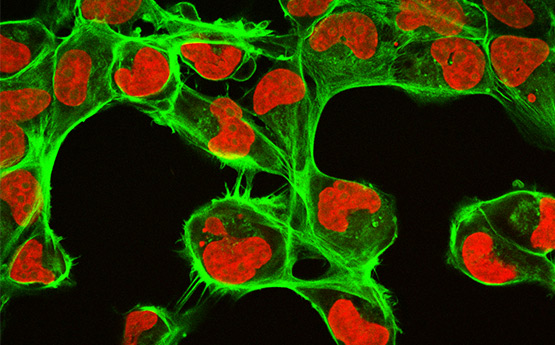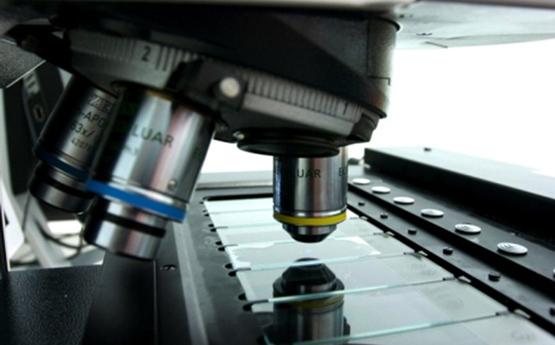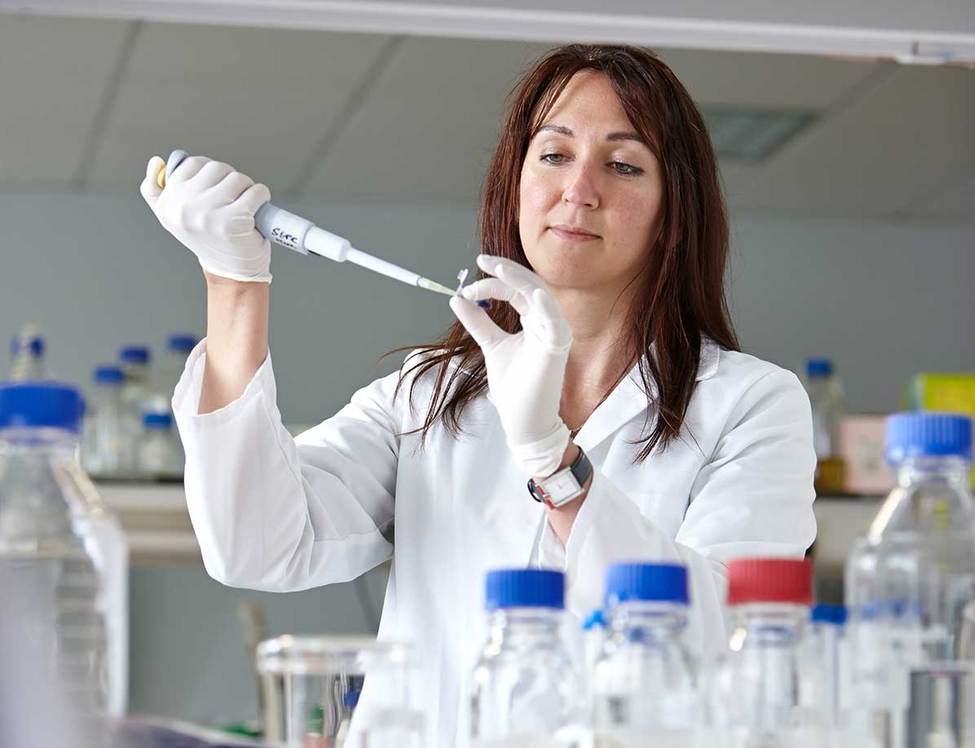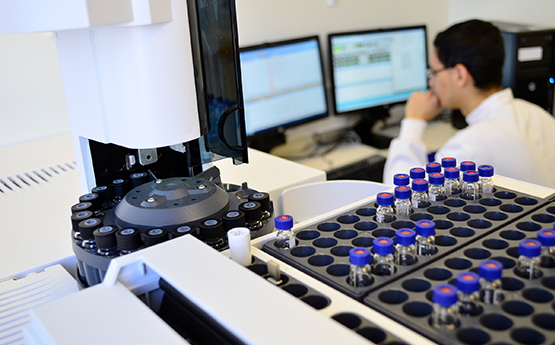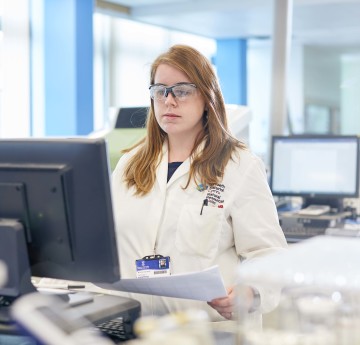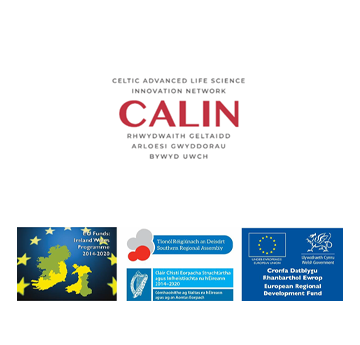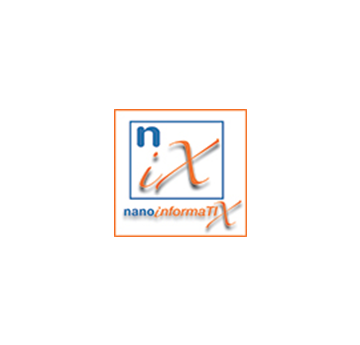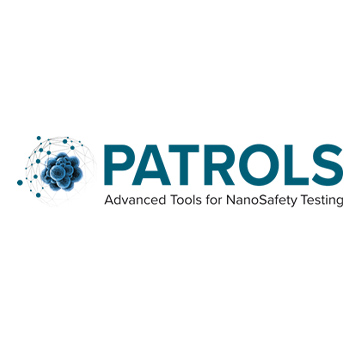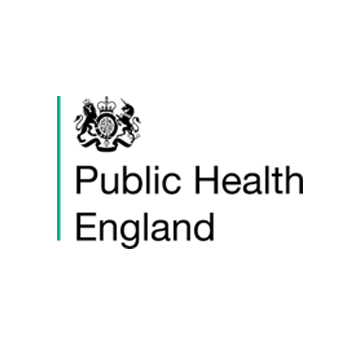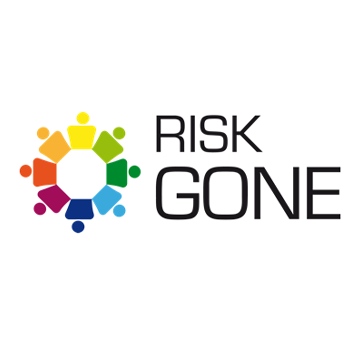The Next Global Frontier.
Nanotechnology, manipulation of extremely small things (at the level of atoms and molecules), is widely regarded as the next global frontier of science, bringing significant economic and societal benefits through major technological breakthroughs that improve quality of life. The field of nano-safety concerns the assessment of the unique health and safety implications that arise from this exciting industry.
The nano-safety sub-theme enjoys the €13million of funding, as part of the cross European H2020 PATROLS project, this major project aims to provide clearer regulatory framework for nanoparticles.

